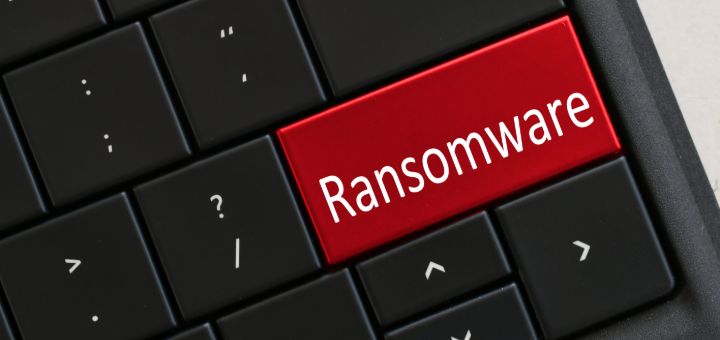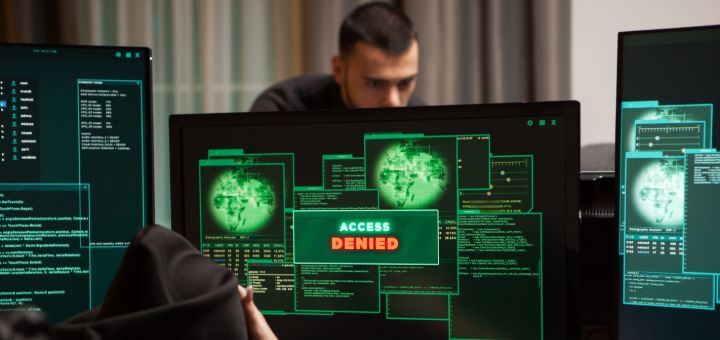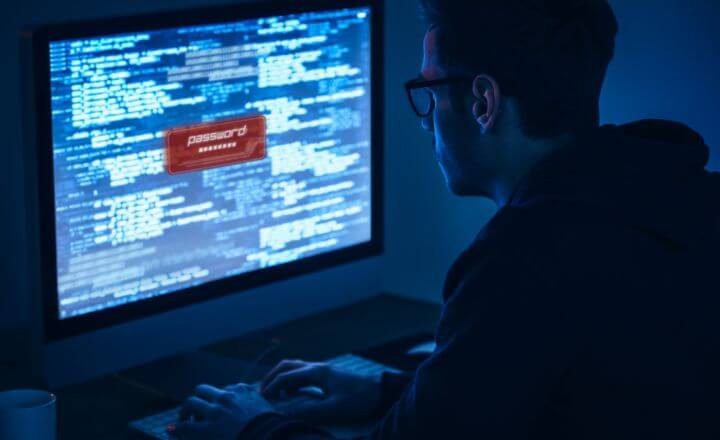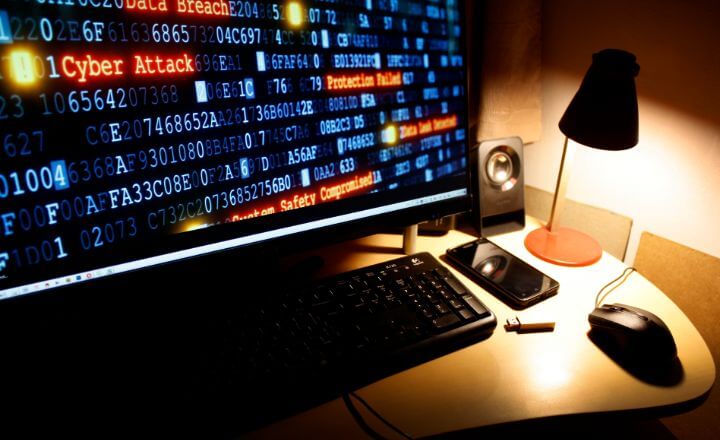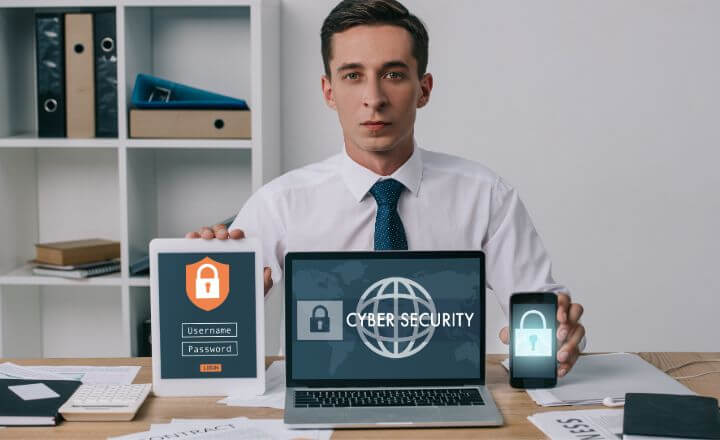(Updated on January 9th, 2023)
Though it may seem like an impossible task, there are actually many ways you can protect your privacy and data while online. By using a combination of methods, you can make it much more difficult for hackers and other criminals to access your information. In this article, we will discuss 20 different ways you can safeguard your privacy.
- 1. Use a VPN
- 2. Use a Password Manager
- 3. Use Two-Factor Authentication
- 4. Keep Your Software up to Date
- 5. Use a Firewall
- 6. Use Antivirus Software
- 7. Be Careful What You Download
- 8. Use a Secure Browser
- 9. Use a Strong Passphrase
- 10. Only Use HTTPS Websites
- 11. Be Careful With Email Attachments
- 12. Avoid Public WI-FI
- 13. Set Your Social Media Privacy Settings
- 14. Use Unique Passwords for Every Account
- 15. Encrypt Your Hard Drive
- 16. Cover Your Webcam
- 17. Be Wary of IoT Devices
- Conclusion
1. Use a VPN
A VPN, or Virtual Private Network, is a tool that helps to keep your data and activities safe and private online. A VPN encrypts all of your traffic and routes it through a secure server, making it difficult for anyone to snoop on your activity or steal your data. They are an important part of the encryption, especially if you frequently use public networks–hotbeds of cybercrime and hacking attempts.

2. Use a Password Manager
A password manager is a software application that helps you create and manage strong, unique passwords for all of your online accounts. By using a password manager, you can make it difficult for hackers to gain access to your accounts by using weak, reused passwords. Password managers are also great for helping you keep track of all your account logins and passwords. There are both free and paid password managers available, but they are a great way to keep your data safe online.
3. Use Two-Factor Authentication
Two-factor authentication, also known as 2FA, is a security feature that requires two forms of identification before you can gain access to an online account. This could be a password, a fingerprint, or a password and a one-time code sent to your phone. Using 2FA makes it much more difficult for hackers to gain access to your accounts, as they would need both forms of identification. Many online services offer 2FA, and it is always worth enabling if it is an option.
4. Keep Your Software up to Date
One of the best ways to protect your computer and your data is to keep your software up to date. Operating systems and applications are constantly being updated with security patches that help to protect against new threats. By making sure you have the latest version of all your software, you can help to keep your data safe from the latest threats.
5. Use a Firewall
A firewall is a security tool that helps to protect your computer from malicious traffic. A firewall can be software that you install on your computer, or it can be a hardware device that sits between your computer and the internet. Firewalls help to block traffic from unauthorized sources and can help to keep your computer safe from online threats.

Firewalls should be used especially if you are using a public Wi-Fi network, as these networks are often unsecured and vulnerable to attack.
6. Use Antivirus Software
Antivirus software is a must-have for any computer. Antivirus software helps to protect your computer from viruses and other types of malware. By using antivirus software, you can help to keep your computer and your data safe from attack. Antivirus software is available for both Windows and Mac computers, and it is important to make sure you have the latest version installed. If you are using Windows 10, the built-in firewall does quite a good job.
7. Be Careful What You Download
One of the easiest ways for malware to get on your computer is through downloads. When you download a file from the internet, you are also downloading any malware that may be embedded in the file. This is why it is important to be careful what you download and to only download files from trusted sources. If you are unsure about a file, you can scan it with antivirus software before opening it.
8. Use a Secure Browser
Your web browser is the software you use to access the internet, and it plays a critical role in your online security. Some browsers are more secure than others, and it is important to choose a browser that offers good security features. When choosing a browser, look for features like built-in malware protection, automatic updates, and support for HTTPS websites.
9. Use a Strong Passphrase
A strong passphrase is a password that is long and complex and is not easily guessed. By using a strong passphrase, you can help to protect your online accounts from hackers. A strong passphrase should be at least eight characters long and should include a mix of uppercase and lowercase letters, numbers, and symbols. Consider using something like a password randomizer to make your passwords even harder to guess.
10. Only Use HTTPS Websites
When you connect to a website, your traffic is usually sent over the internet unencrypted. This means that anyone who is monitoring your traffic can see what websites you are visiting and what information you are sending. HTTPS is a security protocol that encrypts internet traffic, making it more difficult for someone to intercept and read your data. When you are browsing the internet, make sure you only use websites that use HTTPS.
11. Be Careful With Email Attachments
Email attachments can be a great way to share files, but they can also be a great way for malware to spread. When you receive an email attachment, make sure you know what it is before you open it. If you are unsure about an attachment, you can scan it with antivirus software before opening it.
12. Avoid Public WI-FI
Public Wi-Fi is convenient, but it can also be dangerous. When you connect to a public Wi-Fi network, you are sharing a connection with everyone else on that network. This means that if someone on the network is up to no good, they could potentially intercept your traffic and access your data. For this reason, it is best to avoid using public Wi-Fi networks whenever possible. It is especially important to avoid doing things like online banking and sharing other sensitive personal and financial data on networks at airports, cafes, etcetera.
13. Set Your Social Media Privacy Settings
Social media platforms like Facebook and Twitter are a great way to stay connected with friends and family, but they can also be a great way for your personal information to get into the wrong hands. If you use social media, it is important to set your privacy settings so that only people you know and trust can see your information.
It’s also important to be mindful of the personal information you post on social media. Never post anything that you wouldn’t want a stranger to see, and be careful about what you share with friends and family. While you are at it, set rigorous privacy settings on all the applications you use. You would be surprised how lax many of the default settings are on the most common apps people use.
14. Use Unique Passwords for Every Account
If you use the same password for multiple accounts, someone who knows your password could potentially access all of your accounts. For this reason, it is important to use unique passwords for every account. A good way to create unique passwords is to use a password manager. A password manager will generate and store strong passwords for you, so you don’t have to remember them yourself.
15. Encrypt Your Hard Drive
When you encrypt your hard drive, all of the data on the drive is converted into a secret code. This makes it much more difficult for someone to access your data if they manage to get their hands on your computer. If you are concerned about the security of your data, you should consider encrypting your hard drive.
It is a good idea to encrypt your hard drive even if you are not concerned about privacy. This is because if your computer is ever lost or stolen, the data on your hard drive will be safe.
16. Cover Your Webcam
Webcams are hacked all the time. A scary amount, in fact. If you don’t want someone to be able to spy on you, cover your webcam with a piece of tape or an adhesive sticker. This will prevent anyone from being able to see what’s going on in your room, even if they manage to get access to your computer.
Webcam hackers are often after more than just a glimpse into your personal life, though. They can also use your webcam to record you and steal your personal information. For this reason, it is also important to be careful about what you do in front of your computer. If you wouldn’t want someone to see it, don’t do it in front of your webcam.
17. Be Wary of IoT Devices
IoT devices are devices that are connected to the internet, such as smart TVs, printers, and thermostats. While these devices can be convenient, they can also be a security risk.
Since these devices are connected to the internet, they can potentially be accessed by anyone in the world. This means that if they are not properly secured, they could be used to hack into your network and access your data. For this reason, it is important to be wary of IoT devices and only use ones that have been properly secured. IoT hacks are increasingly common and will become even more so as they grow in popularity and ubiquity.
Conclusion
Your privacy online is not always entirely up to you. Cybercriminals are constantly evolving their tactics, and they are becoming increasingly difficult to spot and stop. You can make it more difficult for these people, however, by taking some simple steps to protect yourself.
The tips in this article will help you to protect your privacy and your data while online. By following these tips, you can make it more difficult for cybercriminals to access your personal

